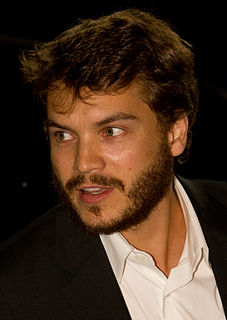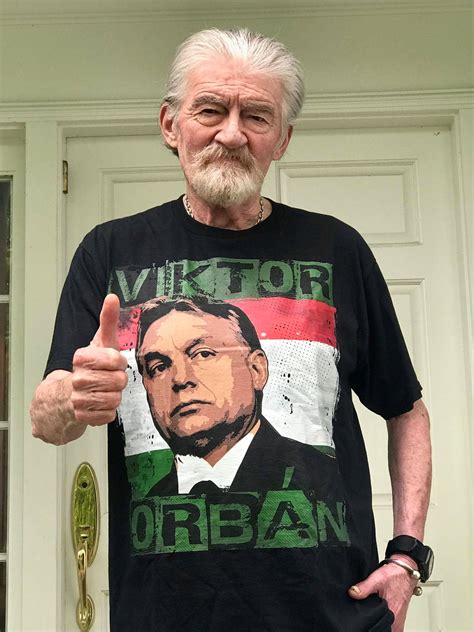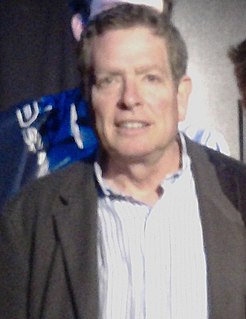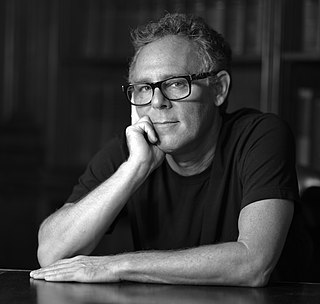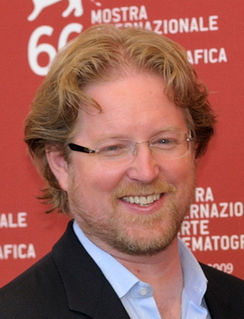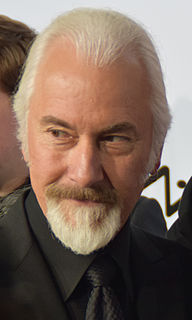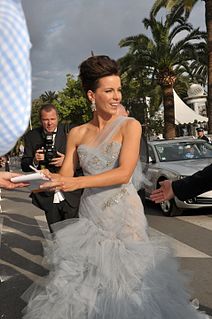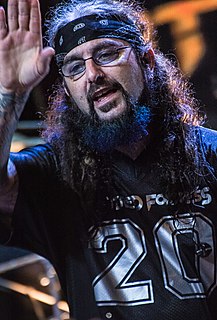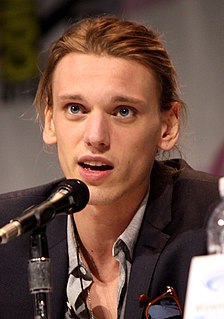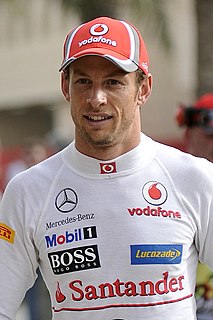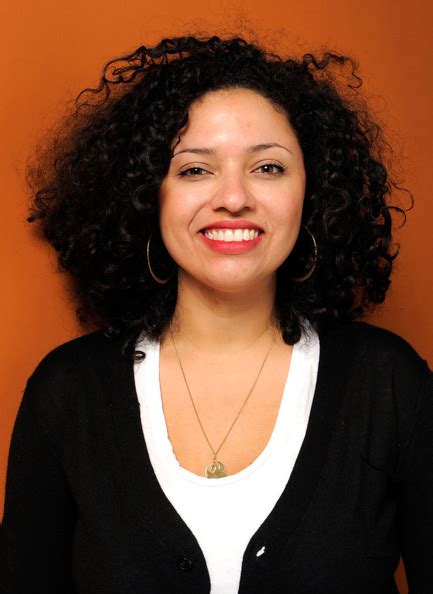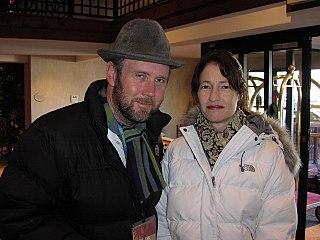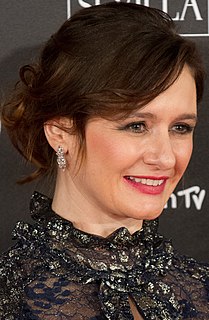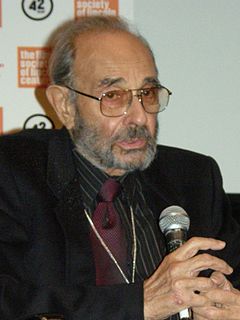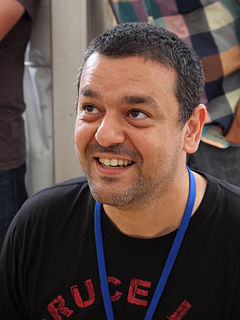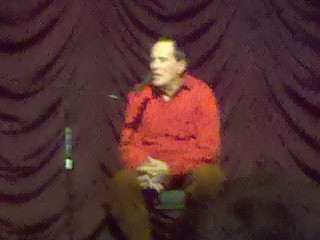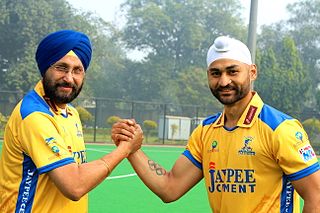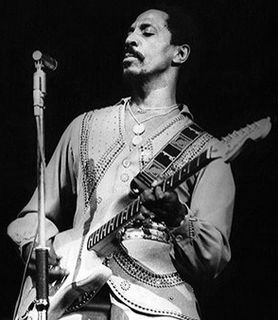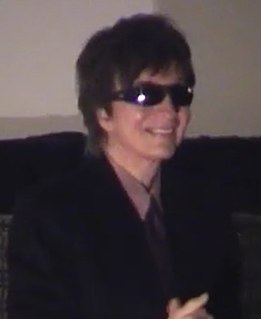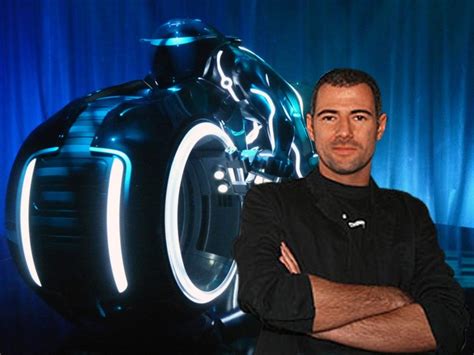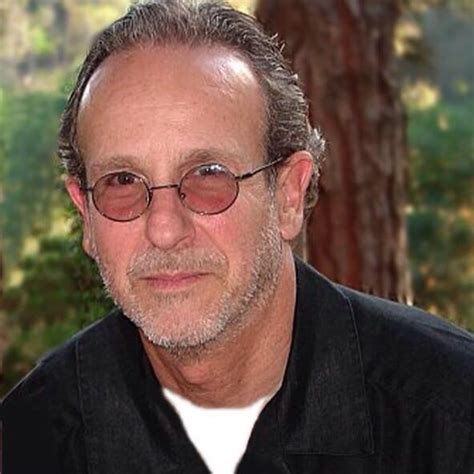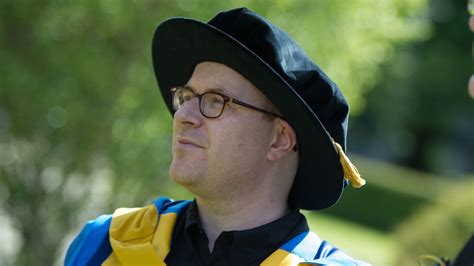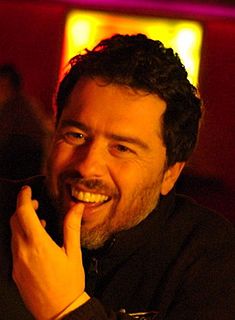Top 1200 Movie Making Quotes & Sayings - Page 3
Explore popular Movie Making quotes.
Last updated on November 15, 2024.
The director is the most important because, ultimately, as an actor, when you watch a movie, it looks like an actor is giving a performance, and they kind of are. But, what's actually happening is that an actor has given a bunch of ingredients over to a director, who then constructs a performance. That's movie-making.
If you take a movie like Easy Rider which everyone counts as the beginning of New Hollywood, that is a big movement. And then, when you really dissect that film and the people that were behind that movie, you realize that it has Roger Corman written all over it. Easy Rider is a hybrid film, taking The Trip and The Wild Angels and making a new explosion. And the people that were making it, guess what, they were all [people who had worked with Roger Corman].
I love to tell stories, but the making is less comfortable. I like to be private, and being in the middle of a film crew with the least amount of privacy is the discomfort of shooting a movie. For me, the editing is the great moment when I can bring back ideas and realize the movie for the last time before I hand it to the audience.
Making a movie is a network of decisions that keep multiplying as you go. You leave a trail of decisions behind you, and that's how you start to see the shape of what you've done. When you get far enough, you turn around and say, 'Ha, that's the movie.' It's only then that you find out if it's going to work or not.
I learned a great lesson early on, even before I was really an actor, from that movie 'Planes, Trains & Automobiles' that John Hughes made: that you could make a movie that's really, really, really, really funny, and sometimes you can still achieve... making the audience feel very deep emotions as well.
The harder the circumstances under which you're making a movie, generally the better the friends you make. You're far away from home and so you're kind of lonely, and you end up all gravitating towards each other and the bar every night. It tends to be inversely proportionate to the comfort level on the movie, how close you become to everybody.
I tried to take advantage of the fact that I was not used to making a movie. Movies are still so new to me so I had to use my fascination, and the fact that I'm almost a teenage filmmaker, to my advantage. And that's why I don't pretend to have made a good movie... but one that people are able to feel the love I have for this industry.
I'm not a big fan of violent movies, it's not something I like to watch. And it's not my aim or goal to make a violent movie. My characters are very important, so when I'm trying to depict a certain character in my movie, if my character is violent, it will be expressed that way in the film. You cannot really deny what a character is about. To repeat, my movie end up becoming violent, but I don't start with the intent of making violent movies.
When we wrapped Resident Evil, we were a 3D movie, but it was no big deal. And then, Avatar came out and the whole of Hollywood was like, "Look at these grosses! 3D is huge. Let's all be 3D!" We just got on with doing what we were doing, which was making what we think is a really quality, kick-ass 3D movie, and we'll really be the first live-action 3D movie of the year.
One big lesson I learned from movie [making] was I don't do creative projects that I headline unless I have all the control. I can't deal with having to live with other people's screw ups, and that's just sort of the way the movie business works. The people with the money are in charge. Until I'm in charge, I don't want to play that game.
Over time it just got more and more intense as far as the trust factor. For example, when we started editing the film [Dream of Life], I thought, man, I need to make sense of all the footage I have; I need to ground the film. And one day I was hanging out in Patti's [Smith] bedroom, which is where Patti works, and in the corner of her bedroom is this great chair, and that's when she began showing her personal things to me. The camera was there, and we realized that we were really making the movie and making sense of the footage in the movie.
When you take on Hitchcock you know it's gonna provoke some sort of controversy, because there were so many people talking about the book [Stephen Rebello's Alfred Hitchcock and the Making of Psycho] and wanting it to be the film about the making of this movie [Psycho]. But that's been done. That's been done in the book, and Stephen Rebello himself was like, "I want a movie which is an entertainment for the audience." So we made the conscious decision.
Our film society back home is so different from here. Making a movie is universal. Directing a movie is universal; it's a universal language. It's just figuring things out and understanding the codes and how the system of Hollywood compares to that of Norway. We don't even have agents. There's no studio system, no managers.
